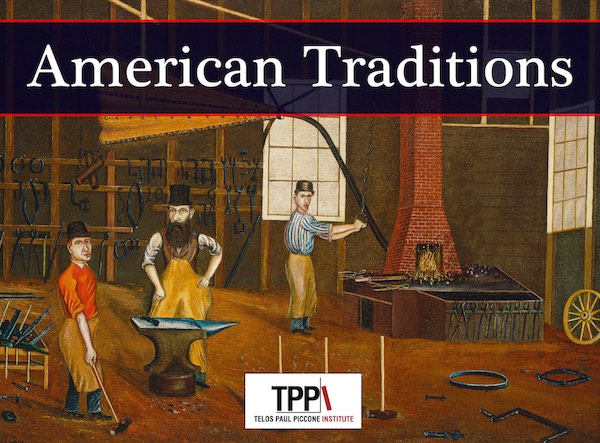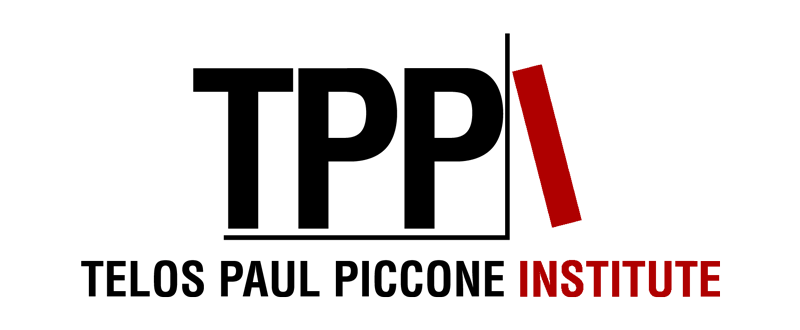American Traditions
Initiative Director, Mark S. Weiner
The American Traditions Initiative seeks to spark discussion about American intellectual traditions that may provide the basis for social and political renewal.
 In the twentieth anniversary issue of Telos (no. 75, Spring 1988), editor Paul Piccone made an assertion about the grounding philosophical interests of the Telos circle that many readers today might view as surprising given the long association of the journal with the Frankfurt School of critical theory. He planted the Telos flag in the field of American pragmatism.
In the twentieth anniversary issue of Telos (no. 75, Spring 1988), editor Paul Piccone made an assertion about the grounding philosophical interests of the Telos circle that many readers today might view as surprising given the long association of the journal with the Frankfurt School of critical theory. He planted the Telos flag in the field of American pragmatism.
"Given its peculiar origins in Buffalo as the project of philosophy graduate students, Telos began as an attempt to revitalize American philosophy in the late 1960s by rediscovering European thought and Western Marxism," Piccone wrote. But "our concerns were very much in the tradition of earlier generations of American pragmatism (Dewey, James, Peirce, etc.)." Explaining the divergence between roads pursued and roads not taken (at least not yet), he continued: "We had to tactically break with that tradition owing to the cowardly conformism of 'really existing' American pragmatism at that time. Its apologetic position towards the Vietnam war, its rhetorical defense of an American democracy which clearly was not seen to be living up to its proclaimed ideals, its careerist and opportunistic obsessions, all contributed to create an intellectual generational gap which translated into a self-imposed exile to continental philosophy. Our critique had to speak a language other than that of our opponents, and this necessitated the resurrection of otherwise forgotten philosophical traditions."
In time, the Telos circle began to reconnect with its American roots. By 1991, Piccone could write approvingly that "analyses of specifically American themes from perspectives rooted neither in the old Critical Theory, nor in the Theory of Communicative Action, nor, for that matter, in standard objectivistic social science are increasingly finding their way" into the journal's pages. At its Second Elizabethtown Conference, Telos specifically sought "to re-evaluate populism and pragmatism—traditionally shunned because of their alleged terminal irrationalism and opportunism—as bulwarks against growing New Class encroachment"—an effort that required "a definitive break with the standard Left/Right distinction predicated on political differences that either no longer exist or have long since been reversed" (Telos 88, Summer 1991).
In this spirit, the American Traditions Initiative seeks to cultivate the resources of homegrown American intellectual traditions, secular and religious, that speak to the long-standing concerns of TPPI and the Telos circle, especially in light of contemporary society and politics. Topics include pragmatism, Thoreauvian anarchism, antebellum federalism, the republican Enlightenment, the Black Church, American Puritanism, Mormonism, evangelical theology and political association, Williams Jennings Bryan, Thomas Cooley, Louis Brandeis, John Dewey, and Charles Sanders Peirce.
